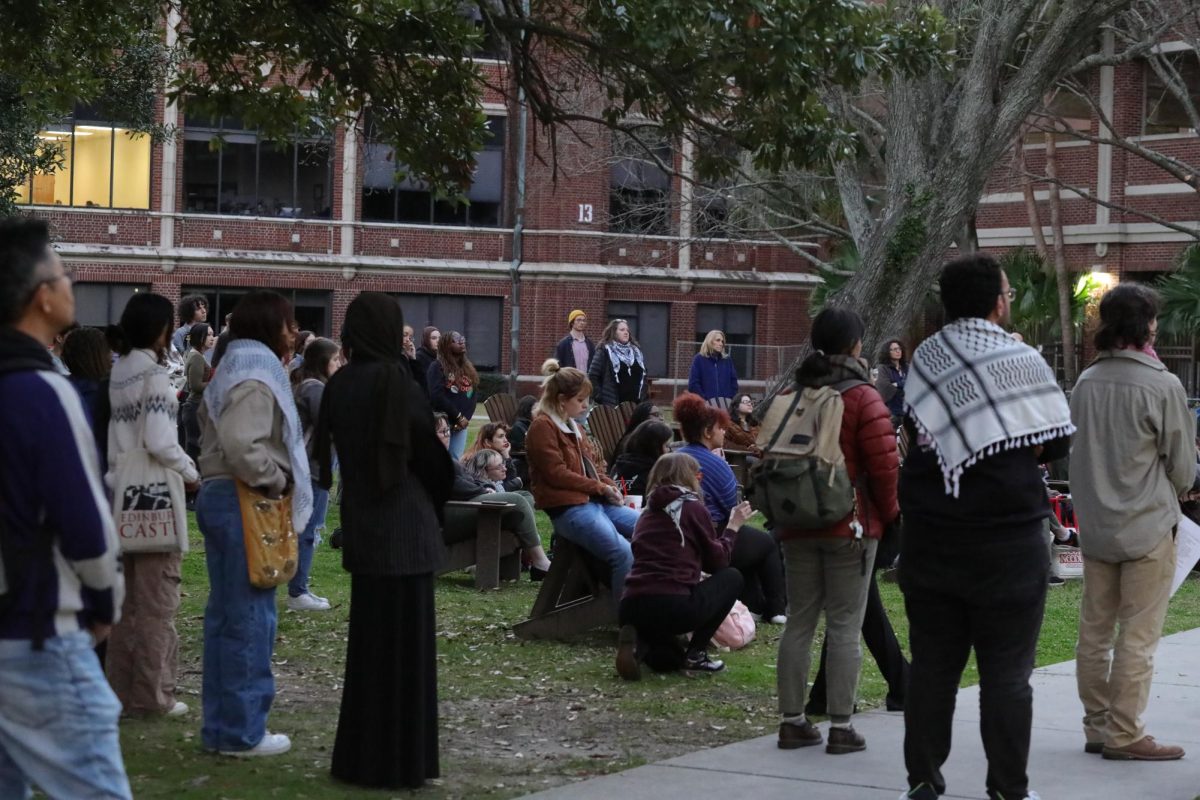Aaron Spevack, assistant professor of Islamic studies, has recently published a partial translation of an influential 12th century Muslim text.
Spevack worked with SkyLight Paths Publishing to produce “Ghazali on the Principles of Islamic Spirituality.” The work, published in December 2011, is a translation of selections from al-Ghazali’s “The Forty Foundations of Religion.”
Ghazali was an important Muslim theologian, jurist and mystic. Spevack said that Ghazali sought to harmonize Islam, law and Sufism, a form of Muslim mysticism.
“Ghazali was a great reviver of Islam in his time,” Spevack said.
Ghazali’s “Forty Foundations of Religion” were meant to help this harmony, according to Spevack. The text is broken down into four sections, each containing 10 foundations. These four sections focus on theology, practice, “blameworthy traits” and “meritorious traits.”
Spevack provides annotated commentary for each page of translation to provide a richer context to the work. He said he provided most of the commentary through previous research, as his studies focus on Islam, Islamic law and Sufism. However, Spevack said he had to edit out some of the commentary.
“I planned to add commentary after I finished the text, but I started adding some in the book as I went along. When I finished the translation, I was already over the page limit,”
he said.
Spevack’s interest in Islam
stemmed from taking a class in Turkish music as a jazz guitar major in the New England Conservatory of Music. While taking time off from his studies, Spevack played with a hip-hop band for five years, meeting Muslim musicians and exploring his faith. He then resumed his education and received a Ph.D. in Arabic and Islamic Intellectual History from Boston University in 2008.
Spevack has not yet gone on promotional trips for his book. However, he is finishing another book that started as his dissertation. It focuses on the works of al-Bajuri, a 19th century scholar of law, theology and Sufism and an intellectual descendant of Ghazali, according to Spevack. Spevack cited al-Bajuri’s words on Sufism to explain his own interest in Sufism.
“You can’t really study Islam without studying Sufism,” he said.Spevack will be leaving Loyola to take a position at Colgate University in New York next semester and said he is “sadly leaving Loyola and happily joining Colgate.”
Karl Gommel can be reached at [email protected]














